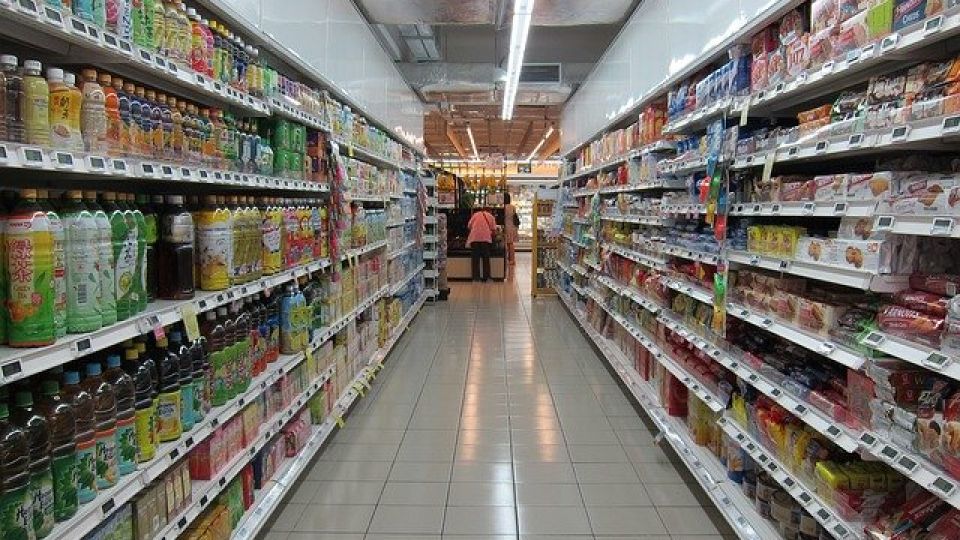January 14, 2025
JAKARTA – The government plans to implement an excise for sweetened beverages starting in the second half of 2025, according to the Finance Ministry.
To implement the policy, the government has included the planned roll out in this year’s state budget law, as stipulated in the 2021 Law on Tax Harmonization.
“The regulation is scheduled for the second half of 2025. It’s part of the legal framework established in the 2025 State Budget Law,” said Nirwala Dwi Heryanto, the ministry’s customs and excise directorate general spokesperson, as quoted from Kumparan.
The government will introduce a government regulation and a ministerial regulation to define the tax’s scope and thresholds, Nirwala noted.
“Not all beverages will be taxed; those below a certain sugar content will be exempt,” explained Nirwala.
He added that the excise would apply to both factory-made and store-sold sweetened beverages, including those from coffee shops and bubble tea (boba) outlets.
The proposed levy is expected to boost excise revenue and curb excessive sugar consumption among the population, which health experts have linked to a sharp rise in diabetes cases.
The 2023 Indonesia Health Survey (SKI), recently issued by the Health Ministry, found that around 11.7 percent of Indonesia’s 270 million population suffered from diabetes.
The figure increased by 3.2 percentage points to 8.5 percent compared with 2018, according to the same data.
Read also: Industry Ministry floats incentives to make sweet drinks excise less bitter
Experts have attributed Indonesia’s rising diabetes prevalence to a growing societal shift toward sedentary lifestyles and unhealthy diets, including the increasing popularity of sugary drinks.
The country saw a 15-fold increase in the annual consumption of sugary drinks in the last two decades: From 51 million liters in 1996 to 780 million liters in 2014, according to the Center for Indonesia’s Strategic Development Initiatives (CISDI). Such an increase has placed Indonesia as the third-highest consumer of sweetened beverages in Southeast Asia.
The implementation of a sugary drinks excise has faced repeated delays since the Finance Ministry first proposed it in 2009, but progress stalled mainly due to opposition from businesses, which argue it might exacerbate inflation and hurt the industry.
Concrete steps only emerged in 2021 when the government stipulated the excise in the Tax Harmonization Law, passed by lawmakers in that year.
Following the taxation law, the government had planned a roll out as early as 2023 by including a revenue target for the excise in that year’s state budget, but it never implemented the collection. A similar situation occurred in 2024.
On multiple occasions, the Finance Ministry has reiterated that it would consider the current economic condition when introducing the excise.
According to the 2025 state budget, the government has set a Rp 3.08 trillion (US$190.3 million) revenue target from the excise on sweetened beverages, much lower than the Rp 4.3 trillion stipulated in the 2024 state budget.
Nailul Huda, digital economy director at the Center of Economic and Law Studies (Celios), proposed implementing a progressive ad valorem tax, which is calculated based on the value of a transaction, tied to sugar content, to increase revenue from the excise. “The higher the sugar level, the higher the tax imposed on producers,” he said on Sunday, as quoted from Kumparan.
Read also: Government delays long-awaited sugary drink excise, again


